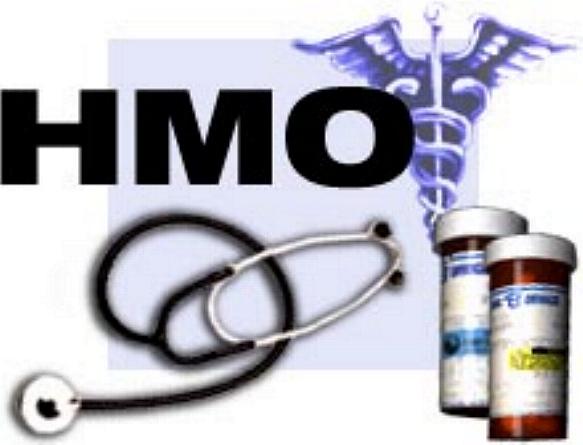
•Corrupt Health Maintenance Organisations must be dealt with
THE news that some Health Maintenance Organisations (HMOs) are enriching themselves with the contributions of their enrollees without providing commensurate services underlines the need to take a hard look at Nigeria’s social health insurance system.
The latest accusation against HMOs comes from no less a person than Professor Usman Yusuf, the Executive Secretary of the National Health Insurance Scheme (NHIS), the agency which regulates HMOs. Claiming that “the era of disregarding with impunity” the rights of enrollees was over, Usman stated that HMOs were often rude to their clients, even though they depended on their contributions.
HMOs have certainly not lived up to the ideals of social health insurance in the country. Like other companies operating in Nigeria, far too many of them have been bedevilled by below-average customer relations, a refusal to adapt to changing requirements and conditions, an inability to utilise technological innovation, and an overt focus on their own profit margins rather than the wellbeing of their enrollees.
By offering cheap plans that are ultimately unsustainable, many HMOs have over-promised and under-delivered. Enrollees often claim that they do not get adequate treatment in the hospitals assigned to them, and are instead told to go to teaching hospitals. Participating hospitals have complained that HMOs do not pay their capitation expeditiously. As a result, some organisations prefer to pay medical allowances directly to their employees. The result is that increasing proportions of Nigerians are getting sicker, while HMOs get richer.
The problem is worsened by inefficient regulation and poor oversight. Although some HMOs have been delisted for poor performance, it does not seem that the NHIS has been as firm as it should have been. In spite of the consistent complaints from enrollees, and participating companies and hospitals, HMOs have been virtually allowed to get away with murder without proper sanction. Indeed, Professor Usman should have been wielding the big stick rather than issuing vague threats.
If the HMOs are to perform optimally, greater effort must be made to ensure that they attain the standards outlined in the NHIS’s operational guidelines, especially as they pertain to the responsibilities of HMOs. The process of re-accrediting and revalidating HMOs should be expedited with a view to dropping those which fail to meet the expectations of enrollees; HMOs which fail to get re-accreditation must be compelled to transfer their enrollees to accredited organisations.
Better feedback mechanisms should be established by the NHIS. Stakeholder forums comprising HMOs, enrollees, healthcare providers and others should meet more frequently and focus on ensuring that all stakeholders carry out their assigned functions efficiently. Those who fail to do so should be reported to the NHIS; where criminal cases are established, the police should be called in.
Greater use must be made of technology in making HMO operations more efficient and cost-effective. Durable information technology backbones are crucial to managing the data generated by clients and providers. Up-to-date payment and accounting methods could help track costs and prevent fraud. Automated customer-response systems could help deal with routine enquiries, thereby freeing client-service personnel to deal with more complicated requests.
For their part, enrollees must not be content merely to suffer in silence. Their demand for efficient service from HMOs is a legitimate one, and they should not allow themselves to be browbeaten or intimidated by those who are supposed to be serving them. HMOs that consistently underperform should be reported to the NHIS and its state co-ordinators. If they fail to respond appropriately, the offending HMO should be exposed on social media; the resultant unwelcome publicity will definitely force them to sit up.
TheNation
END

Be the first to comment